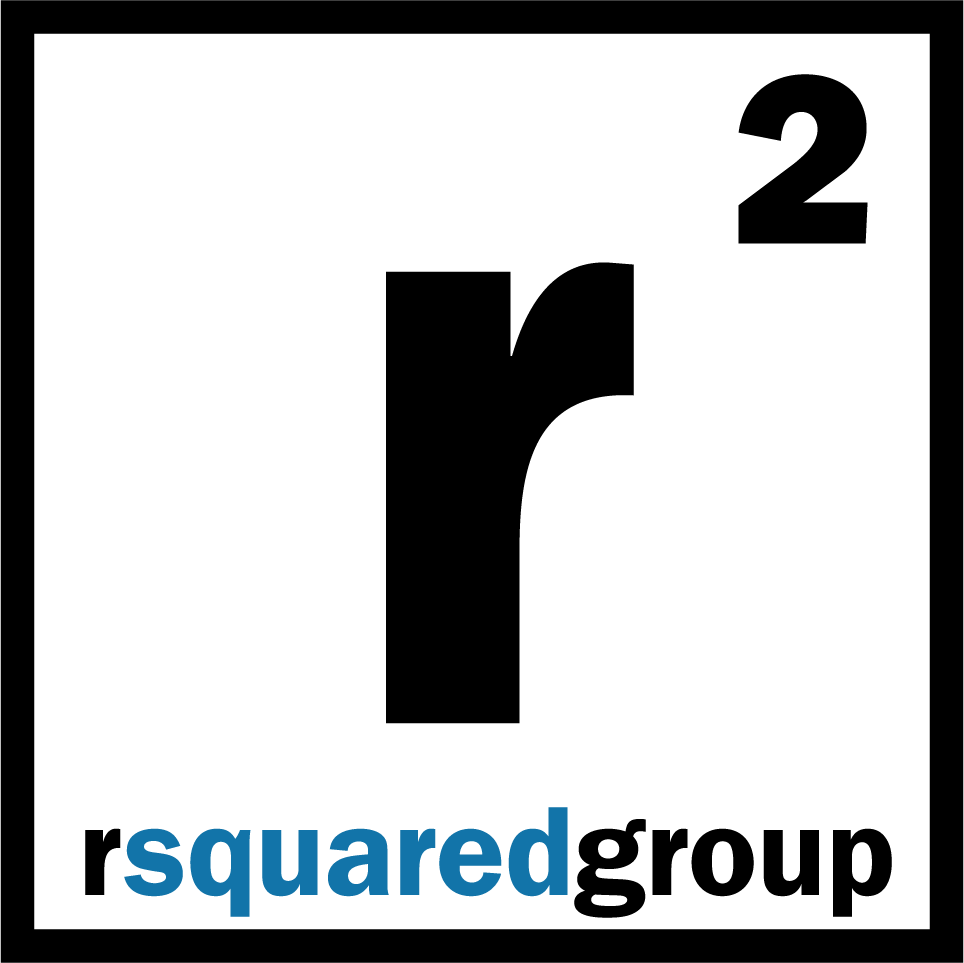Does Your Brand Positioning Define Who You Are NOT?
As we step into the new year, it’s the perfect time to evaluate your brand positioning. One of the most effective ways to test it is by asking a simple yet powerful question: Does it define who we are NOT?
At the end of last year, we had the privilege of hosting an annual strategy meeting with one of our clients—a fast-growing SaaS company. They were in the midst of rapid growth, expanding their services, and entering new markets. However, with that growth came a key challenge: clearly articulating who they were as a company.
This is a good problem to have, but it’s also a company-wide challenge that needs to be addressed. Why? Because brand positioning affects every part of the business, from sales and marketing to demand generation and even operations. Without a clear and defined positioning, growth can create confusion for both internal teams and prospects.
Here’s where we started.
Why Brand Positioning Must Define What You Are NOT
When creating or revising your company’s brand positioning, it’s just as important to define who you are not as it is to define who you are.
Most companies begin with a focused niche, centered on solving a specific challenge or offering a single product. But as they grow, so do their offerings. This can lead to a “jack-of-all-trades” situation, where your brand loses focus, and prospects are left confused about your expertise.
Take the example of a hypothetical company, NewCo:
• NewCo begins as a Marketing Automation product for the healthcare space.
• They then launch a call center chatbot because clients were requesting it.
• Next, they add consulting services to address ongoing strategy and execution needs.
• Eventually, NewCo expands into IT and professional services, serving clients far outside their original healthcare niche.
NewCo’s positioning statement shifts from “Marketing Automation for Healthcare” to “CX Solutions for Businesses.” While that sounds like growth, it creates major problems:
• Their competitor set jumps from 40 healthcare-specific companies to 300+ CX competitors.
• Their branding dollars now need to stretch across a much larger audience.
• Their sales team struggles to focus because their prospects no longer have a clear profile.
• Their demand generation efforts become broad and inefficient, trying to cater to everyone.
• They have to make significant investments in data and targeting to even stand out.
This is a common—and massive—problem for high-growth companies. It’s why your brand positioning must not only say who you are but also who you are NOT.
How to Define Stronger Brand Positioning
Your brand positioning needs to narrow your focus and differentiate you from competitors. Here are three strategies for refining your positioning:
1. Define What You Heard
Start by repeating back everything your clients and prospects have told you about their challenges and needs. Use this as the foundation to define who you serve and who you don’t.
2. Clarify What You Explored
Take a look at the markets, niches, and offerings you’ve experimented with. Acknowledge what worked, what didn’t, and where you add the most value.
3. Determine What the Competition Did
Analyze your competitors and how they position themselves. Identify gaps you can own and areas you should avoid competing in.
Positioning: Examples of “Who We Are NOT”
Most brand positioning statements focus solely on what the company does. But to truly stand out, add an element that clarifies what you don’t do. Here are some examples of how positioning statements can evolve with this clarity:
-
After: B2B Marketing Automation Accelerator
-
After: The Multi-Location Retail Agency
-
After: The Premier Permian Basin Midstream Partner
-
After: Secured Communications for National Security
Where Is Your Brand Positioned for 2025?
If you’re looking at your current positioning, ask yourself: Does this statement truly define who we are NOT?
By narrowing your focus and creating clarity, you’ll differentiate yourself, refine your target market, and ultimately drive more impactful results. As the old saying goes, if you’re trying to speak to everyone, you’ll end up speaking to no one.
The best brands embrace specificity. Are you ready to embrace yours?
